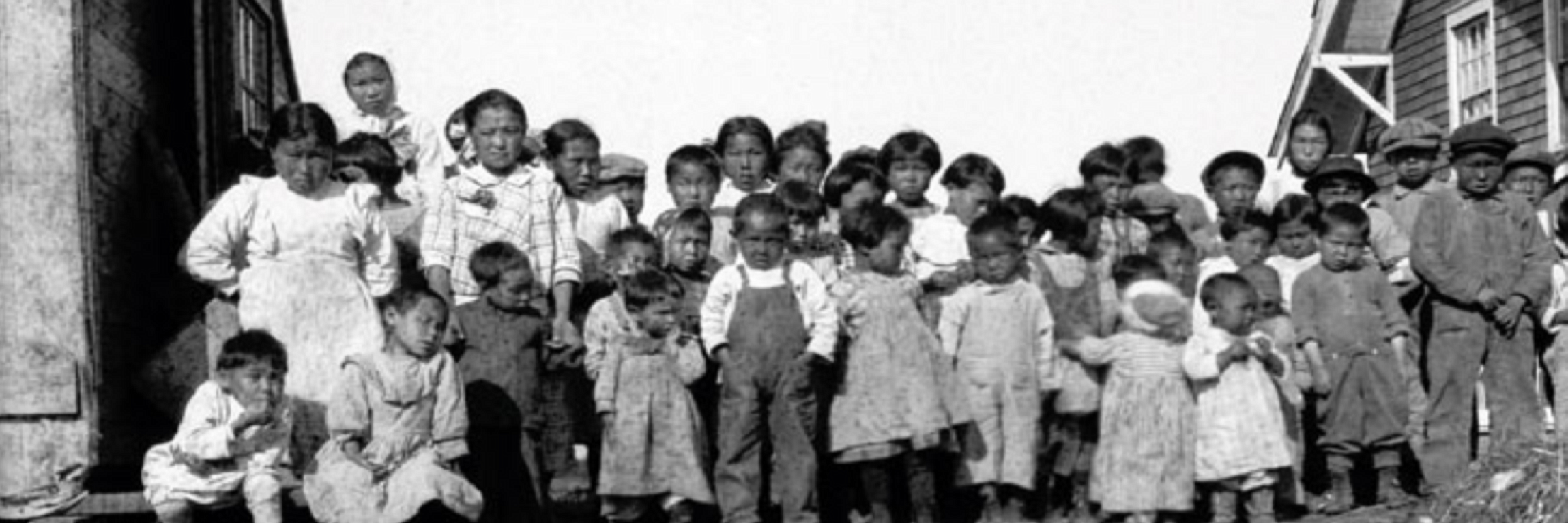Indigenous Peoples & Pandemics Conference

Welcome to the Indigenous Peoples & Pandemics Conference and Pre-meeting Workshop held at the Norwegian Academy of Science and Letters in Oslo, Norway.
The sponsoring project, Social Science Meets Biology: Indigenous People and Severe Influenza Outcomes, was conceived of and chosen to be part of this year’s CAS programs before the COVID-19 pandemic arrived on the scene and, largely due to that pandemic, it quickly expanded from a focus on influenza to more general examinations of the impacts of any infectious disease pandemics on indigenous peoples. Not surprisingly, COVID-19 has become a secondary focus. Fellows and short-term visitors associated with the project have come from Norway, the United States, New Zealand, Mexico, Australia, Canada, and Sweden.
This conference is the highlight of our 10½-month program and we think you will find much of interest. In addition to the countries represented by our Fellows and short-term visitors, we have speakers and participants from Portugal, Peru, South Africa, Denmark, Nigeria, Nepal, and India, almost half of whom are members of indigenous groups. Our keynote talk will be given by Dr. Malcolm King, Professor of Community Health and Epidemiology at the University of Saskatchewan in Canada and member of the Mississaugas of the Credit First Nation in Canada.
The talks you will hear have been divided into seven basic themes: infectious diseases in historical indigenous peoples, issues faced by indigenous students during the COVID-19 pandemic, communicating about health, the consequences of and responses to pandemics in indigenous communities, drivers of health inequalities affecting indigenous groups, healthcare implications for indigenous communities, and strategies to reduce inequitable services.
We are also holding a pre-meeting workshop intended to allow indigenous peoples from all over the world to discuss issues they have faced in their home cultures and to share ideas with others about modifying the negative impacts of present and past pandemics in their communities. This workshop will be followed up with a panel discussion at the end of the meeting at which all participants can contribute their thoughts and suggestions.
We wish you all an enjoyable and stimulating time here in Oslo!
Download full programme with abstracts as PDF here >